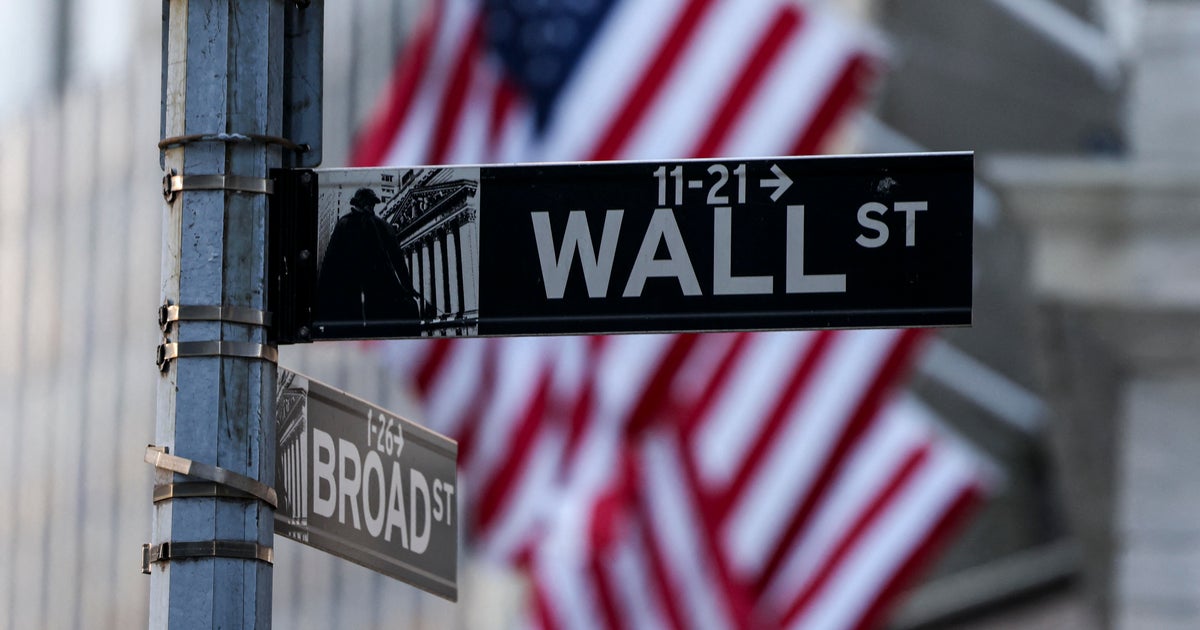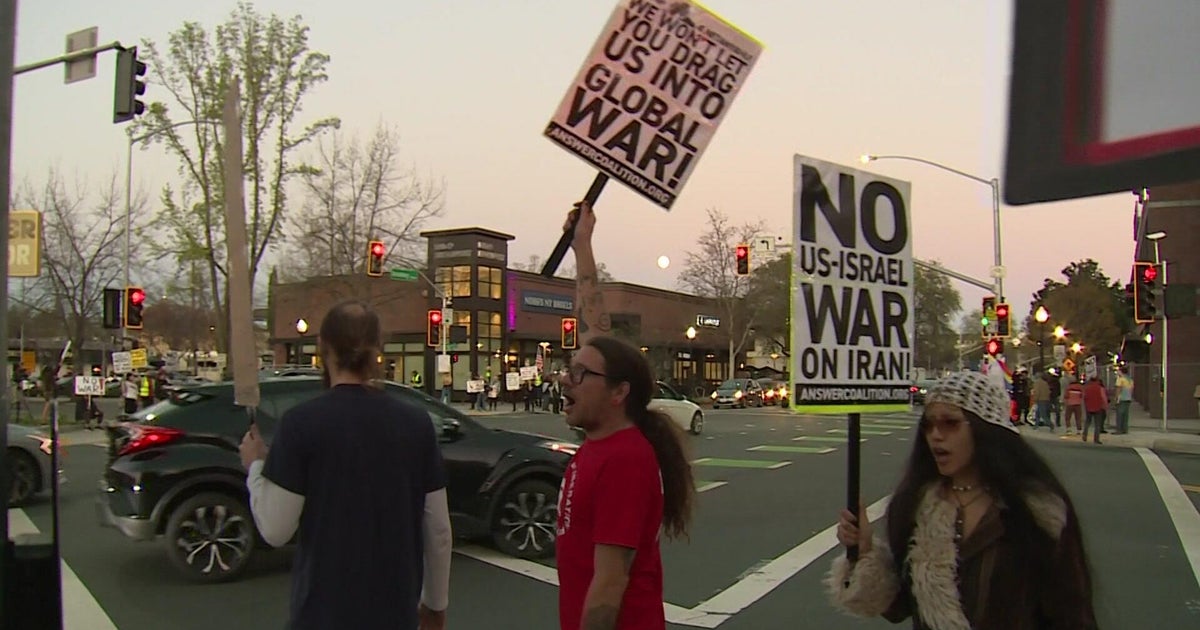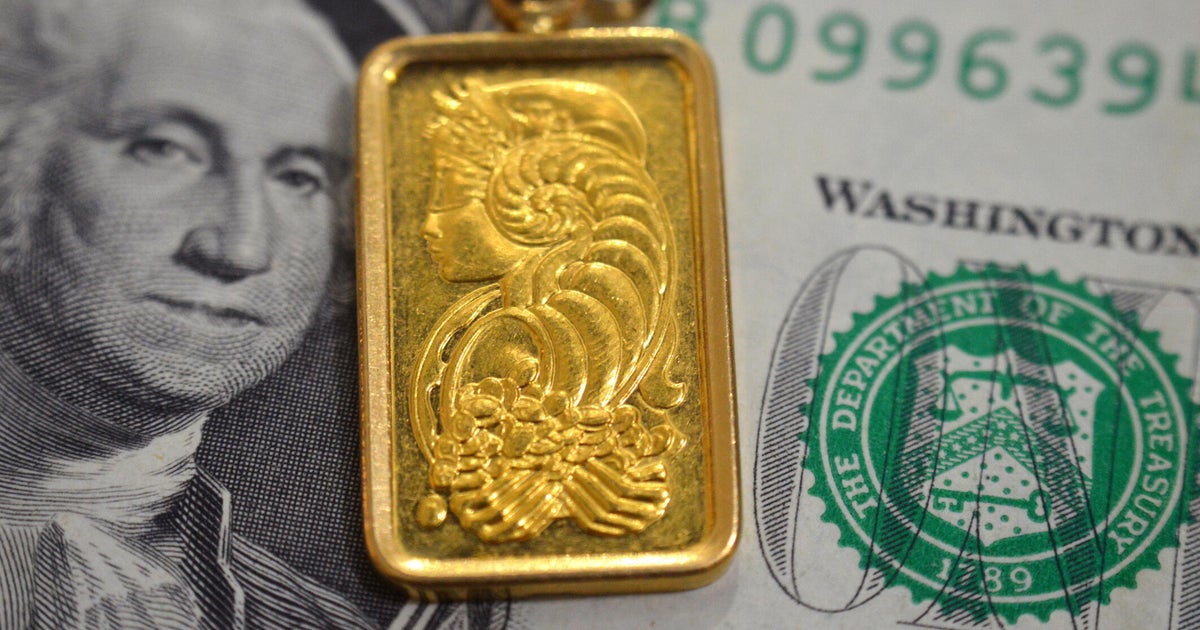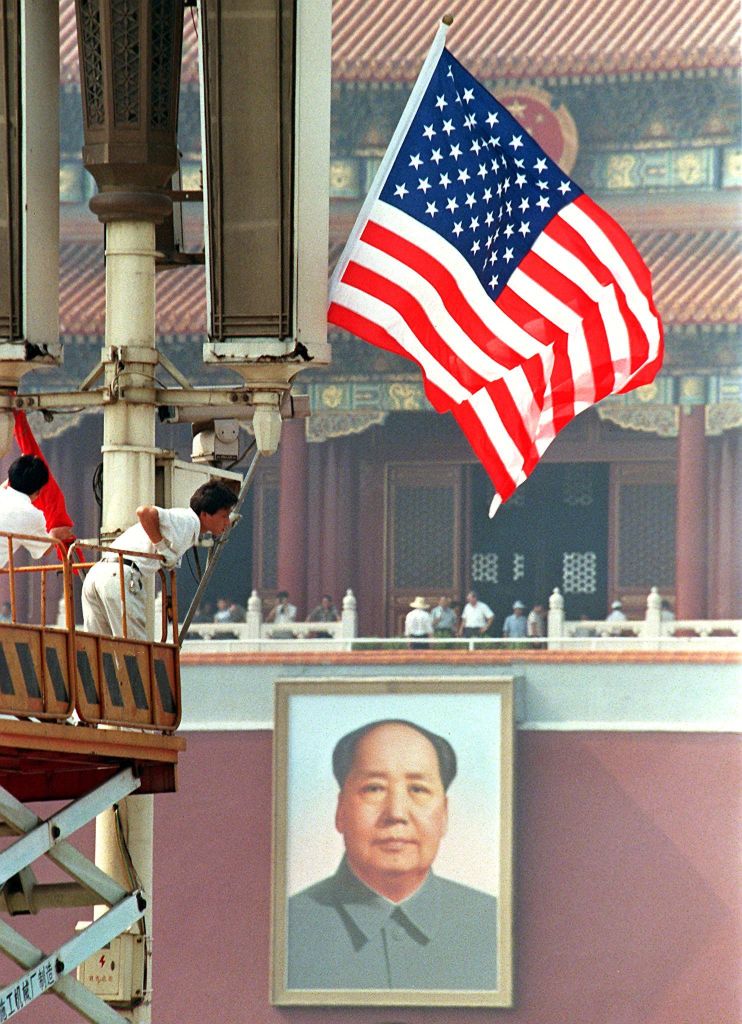Stocks rally back after initial trade war fears
U.S. stocks finished higher on Wednesday, a big recovery from an initial drop sparked by fears of a trade war with China.
The Dow finished 230 points higher, or roughly 1 percent, a swing of more than 700 points from lows reached in the morning. The S&P 500 and Nasdaq also racked up gains.
The morning sell-off was sparked by fears of a full-blown trade war between China and the U.S. Beijing and Washington had both just detailed plans to hike tariffs on a broad swath of imported goods from each other in series of announcements.
But many investors hope that despite tough rhetoric, both sides will negotiate and avoid the most aggressive actions that would drag down economic growth.
Larry Kudlow, economic adviser to President Donald Trump, tried to calm fears. Speaking on Fox Business Network, Kudlow acknowledged the need to get tough on China, but also described a long process that will include negotiations. "There's no trade war here," he said.
China on Wednesday issued a list of more than 100 U.S. goods, amounting to $50 billion in imports, targeted for a possible 25 percent tariff hike.
Beijing was responding to an announcement hours earlier by President Donald Trump's administration outlining proposed tariffs on 1,300 imported Chinese products, including industrial robots and telecommunications gear, to protest Beijing's alleged theft of U.S. technology.
In a morning tweet, President Donald on Wednesday pointed to "a Trade Deficit of $500 Billion" a year with China, adding that intellectual property theft by Chinese companies costs the U.S. "another $300 Billion."
Analysts worry the Trump administration's increasing protectionism may crimp economic growth, especially as China's response has been tougher than some expected.
"If protecting U.S. intellectual property is the ultimate goal here, I'm not sure how destroying shareholder wealth, damaging CEO confidence and making the American farmer the main sacrificial lamb here after six years of pain on the farm is going to get us there," said Peter Boockvar, chief investment officer with Bleakley Advisory Group, in a client note.
China's envoy to the WTO said Beijing would challenge the U.S. moves. The Chinese Commerce Ministry said the date the tariff hikes take effect depends on whether the U.S. actually moves to raise its duties.
"The Chinese government has nonetheless responded more aggressively to the tariff list than many had expected," noted Julian Evans-Pritchard, senior China economist at Capital Economics, in a research note.
After a flat open, European markets fell sharply once the China tariffs were announced. Most Asian indexes had closed when China announced its response to the U.S. tariff plans.
The Shanghai Composite slipped 0.2 percent while Hong Kong's Hang Seng slumped 2.2 percent, with the decline accelerating in the final minutes of trading after Beijing announced specifics of its tariff hikes.
"The losses more than wipe out Tuesday's rebound and set us on course for another worrying session driven by fears that a trade war between the world's two largest economies is heating up with neither side showing any sign of backing down," said Craig Erlam, senior market analyst at OANDA.



